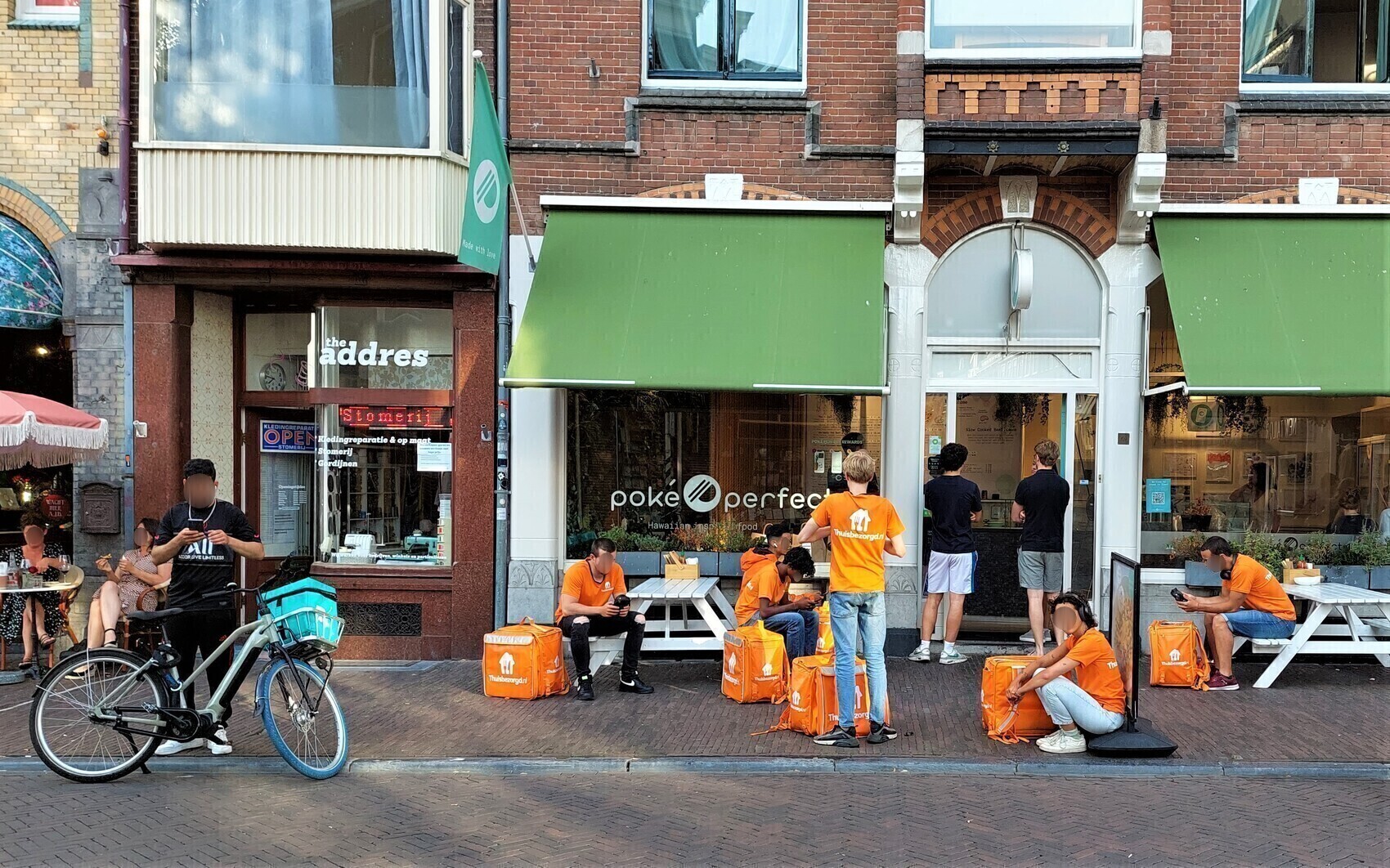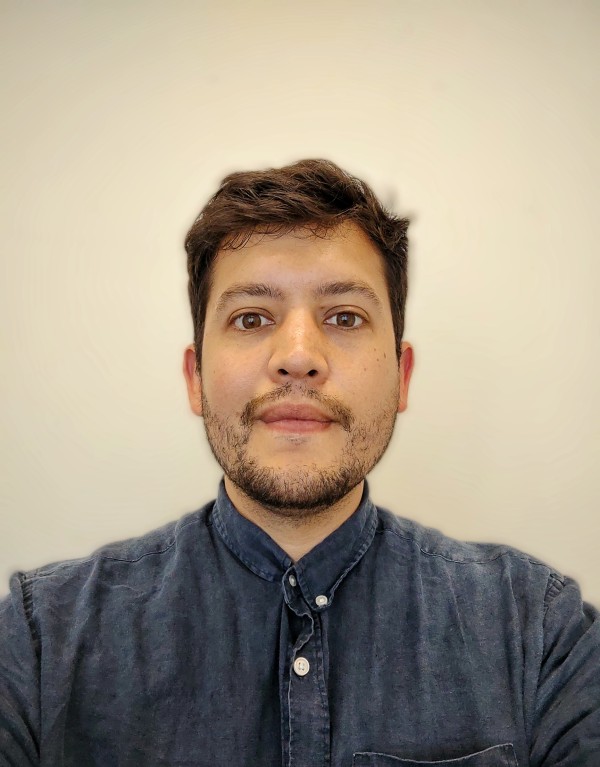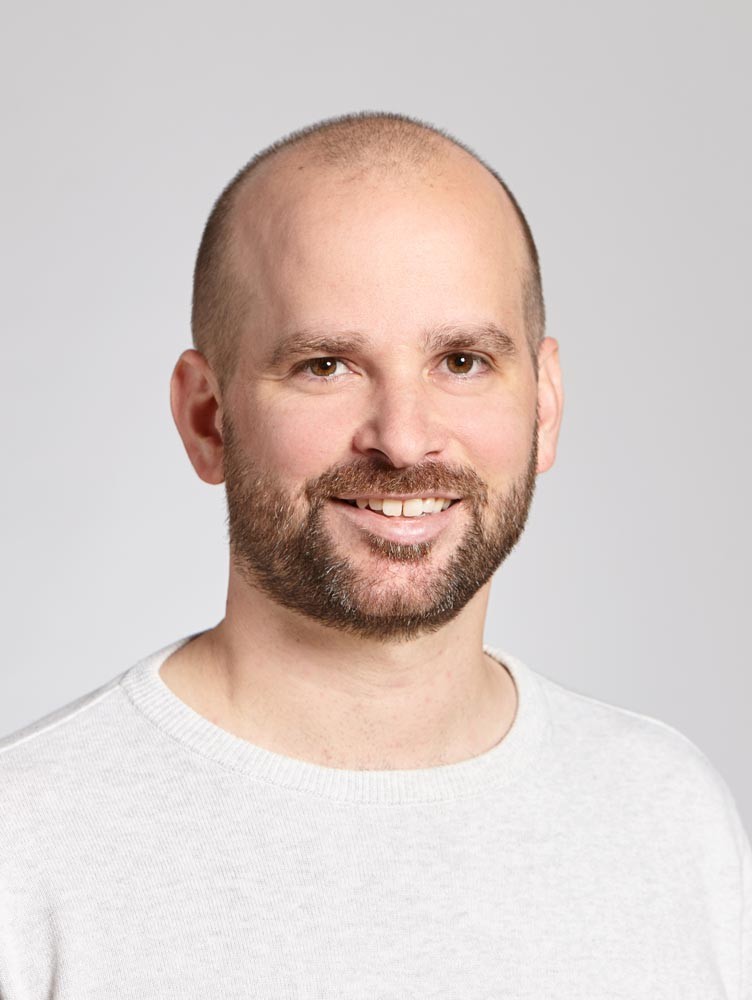Platform Workers as Infrastructural Labour: Production of Space and Spatial Tactics of Resistance
Nowadays digital platforms have obtained to certain degree an external page infrastructural role particularly in cities, mediating the provision of a wide range of services and external page becoming an integral part of our everyday urban experience. Taking this scenario as starting point, the overarching focus throughout this doctoral research project is to understand how platforms produce urban space through different strategies, embedding themselves in urban systems. The second focus is to understand how platform gig-workers “make do” in the platform mediated urban environment. To understand these dynamics, the project focuses on delivery platforms and their workers (riders) in the cities of Berlin and Barcelona.
Introduction
The goal of this doctoral project is to understand how platforms unravel themselves in our cities, producing and commodifying urban space, and how this process relates to platform delviery workers spatial practices. It aims to offer a more nuanced approach to these dynamics, by relying on place-based knowledge from an external page urban ethnographic perspective mixed with external page VGI data. The commodification process that is described as spatial abstraction in the external page literature necessarily creates the conditions for the emergence of as Lefebvre called it, differential space, that is the space shaped by the practices of (in this case) platform workers in Berlin and Barcelona. Therefore, understanding how platform-workers deploy different tactics to navigate, resist or “make-do” of the platform mediated urban environment, becomes a key element to understand the process of spatial production in the age of platforms. The research links global processes, such as the external page platformization of infrastructures/Infrastructuralization of platforms, their role in the production on external page urban cityscapes, and ultimately their relation with the spatial practices of platform workers. Focusing on labour in these processes is highly relevant, because despite the seemingly automatic workings of the platform-economy; we cannot forget that external page people perform the actual labour behind platforms.

The Project
The doctoral research project is guided by the following research questions: how delivery platforms produce urban space and what role they play in the contemporary urban? In addition, how platform delivery workers in urban settings relate and contest these platforms? Lastly, how they experience urban space through their labour?
To address these different questions and the scales concerning this research project, it is structured in two main blocks, a conceptual one, and an empirical one, which is divided in four work packages, deriving in three papers.
The first block work package or conceptual part of the research aims to develop the concepts that will underpin and structure the research. The focus is engaging with theories of spatial production, developing concepts such as strategies of spatial abstraction, and its relations with tactics of spatial resistance, highlighting two of these strategies: external page Digital Taylorism and external page Territorialization, as central in the production of space through/by platforms.
The second block or empirical part aims to:
- Establish the first connections to the field and key actors within the cities of Barcelona and Berlin, as for the success of the urban
ethnographic approach, and volunteered geographic information stage, “external page close relationships with subjects of study emphasizing their agency” are key factors. - Through a external page multi-sited urban ethnographic approach, the project considers that, the phenomenon of platform urbanism and
its associated effects in the urban and workers is mobile and with several loci. This allows for the comparative dimensions of the
research to be present as external page how global dynamics have similar local expressions. This stage considers the qualitative analysis of the ethnographic data gathered, which is based in gathering “external page observations, interviews and documentary data to produce detailed and comprehensive accounts of different social phenomena”, and aims to unravel the way in which delivery workers “make do” in urban environments while working for quick-delivery platforms. - The last work package uses a mixed methods approach, combining urban ethnography with volunteered geographic information. The approach is based on the work of Professor Blair-Howe, “external page thinking through people”, which links both approaches, highlighting the trajectories and mobilities of platform delivery workers, but also their modalities of transportation, times of wait and overall use of urban infrastructures.
Publications
Palacios Crisóstomo, N. and Kaufmann, D. (2024), STRATEGIES AND TACTICS IN PLATFORM URBANISM: Contested Spatial Production through Quick Delivery Platforms in Berlin and Barcelona. Int. J. Urban Reg. Res., 48: 833-854. external page https://doi.org/10.1111/1468-2427.13269
Team Members
Doctoral Candidate
Raumentwicklung und Stadtpolitik
Stefano-Franscini-Platz 5
8093
Zürich
Switzerland

Supervisor
Deputy head of Inst Spatial and Landscape Development / Head of Network City and Landscape ARCH and BAUG
Raumentwicklung und Stadtpolitik
Stefano-Franscini-Platz 5
8093
Zürich
Switzerland
